Self-Care is Self-Love, it’s Not Selfish!
Clinical Health Psychology student Ghada explains the importance of self-care strategies during your time at university.
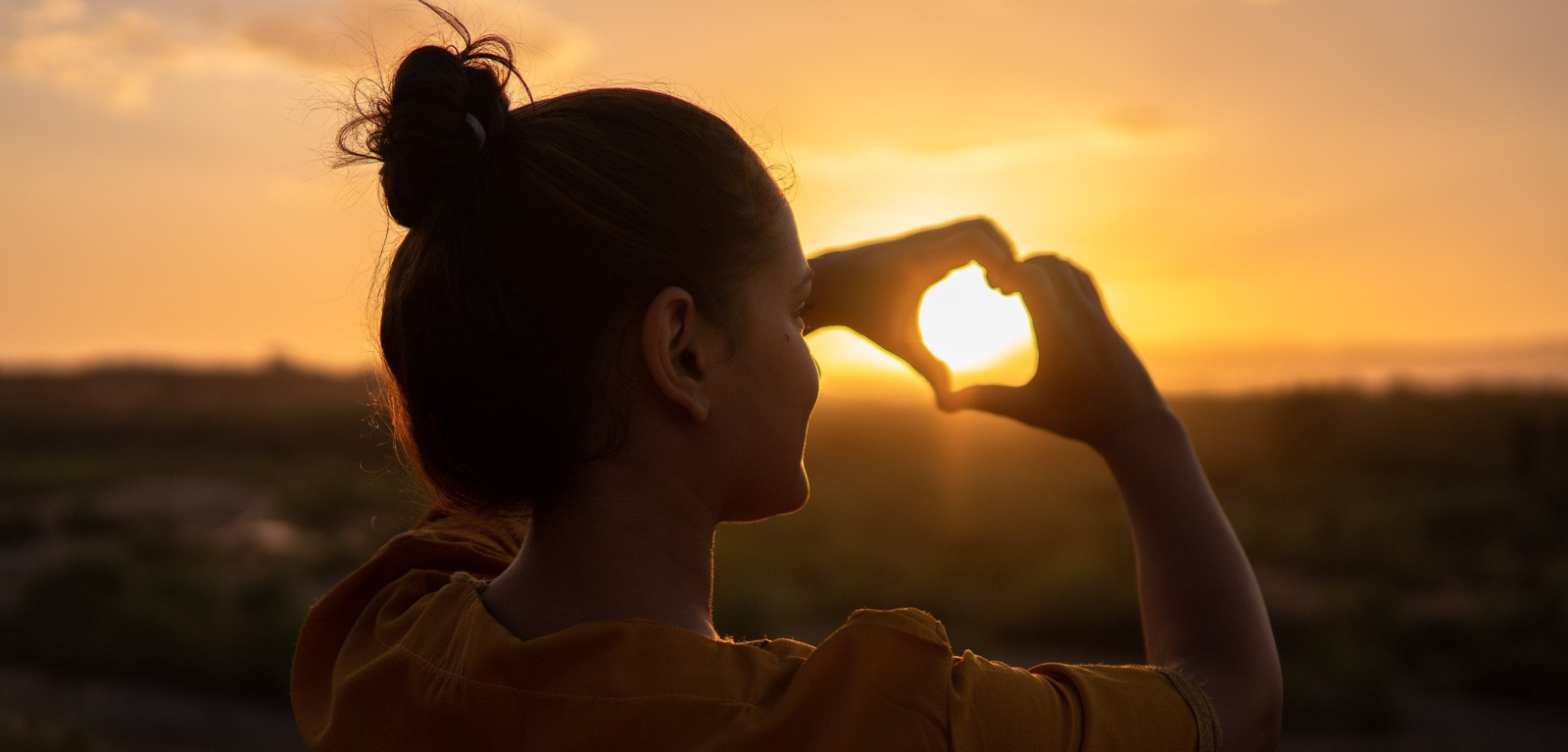
Growing up in a Lebanese household, I was fortunate to be surrounded by a family of love, support, and selflessness. They placed my sister, cousins and me on a high-priority pedestal, even before attending to their needs, instilling the values of generosity, unconditional love and giving in us. However, this nurturing culture unconsciously made me believe that prioritising myself was an act of selfishness.
As I navigated through life at 18 years old, I started grasping the concept of self-care. Self-care wasn't a black-or-white matter, meaning no person is inherently selfish or selfless. Instead, I learned that taking care of my health and well-being was the least I could do to show up for myself. This, in turn, motivated me to turn to my social network and instill the importance of self-care, a fuel that powers the best version of ourselves in all aspects of life; it's self-love.

Self-care = Self-love
Who am I?
I'm Ghada Al Fakih, a full-time Clinical Health Psychology master's student at Queen's University Belfast. Being Lebanese inherently comes with a lot of stress, anxiety and uncertainty as we lived in an economically unstable country with the crippling and devastating 4th August explosion in 2020 that destroyed half of Beirut and swiped my hopes and dreams with it. This was a significant turning point in my life, as it led me to a journey of self-care and self-compassion that I'm excited to share with you.
Watch Ghada's day in the life vlog
Stress and its intensities
We often find ourselves swept under high-stress waves in our fast-paced world. It can stem from various sources - work, university, relationships, societal and familial pressures, economic constraints, you name it! Stress, in its essence, is not entirely unpleasant. It can be a positive motivator that pushes us to strive for better.
However, it can be detrimental to our health when it impacts our day-to-day functioning, our productivity is impaired and it's overwhelming. A general rule of thumb is to assess if I am crippled or excited to get on with whatever I need to get done. Irrespective of your feelings, self-care should be your priority. Not only will you feel better, but you will also be safeguarding your holistic well-being.

Stress becomes detrimental when it impacts our day-to-day functioning
How can we practice self-care?
Self-care comes in different forms, and what works for one might not work for the other. In our digital age, we are glued to our screens for hours, causing sleep disturbances, overstimulation, eye strains and headaches. Therefore, managing your screen time by decreasing it by a few minutes daily could eventually limit your exposure, thus engaging in self-care.
"In our digital age, we are glued to our screens for hours, causing sleep disturbances, overstimulation, eye strains and headaches."
We can be deprived of food and water for a few days but not sleep. Sleep is your body's best gift, as it resets your hormones and rejuvenates your brain cells, consolidating your learning and memories by forming neuroplastic connections.
Nourish and replenish your body with water and clean, unprocessed foods high in proteins, healthy fats, and fibres. Limit your sugar, caffeine, and alcohol intake.
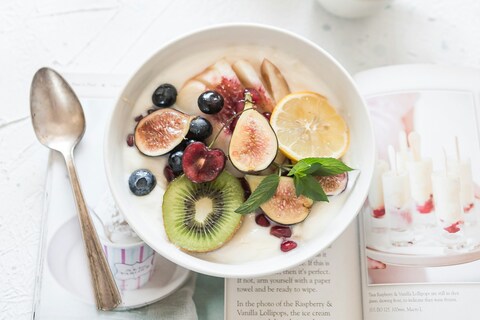
READ: The Best Ways to Spend Your Evenings in Belfast, Alcohol Free!
Engage in physical activity by dancing, walking, resistance training, yoga or pilates; find what floats your boat. Exercise is your natural antidepressant and anxiolytic, boosting your mood and energy levels.
Disconnect from urban life by spending time in nature, making you feel more relaxed, calm and grounded.
Pause your noisy mind and elevate it by practising mindfulness and meditation. Breathing calms your mind, which helps you stay present and focused on one thing at a time, reducing feelings of stress and anxiety.
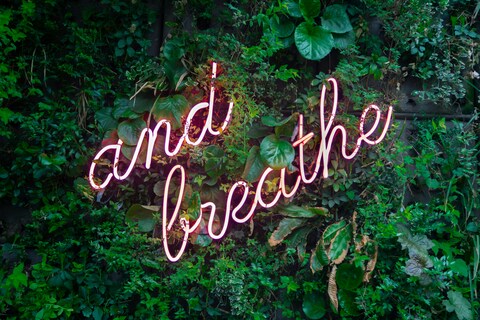
Practice mindfulness and meditation
Reconnect with your loved ones or seek discomfort by meeting new people and building social connections. Your mood can improve significantly and you may gain a sense of belonging.
Get acquainted with your hobbies and interests by reading, painting, singing or anything that brings you joy and happiness.
Sometimes, life gets the best of us. In this case, don't hesitate to seek professional help when things get very overwhelming. Therapists, counsellors, life coaches and social workers are trained to provide tools to help you navigate challenging times without any judgements.
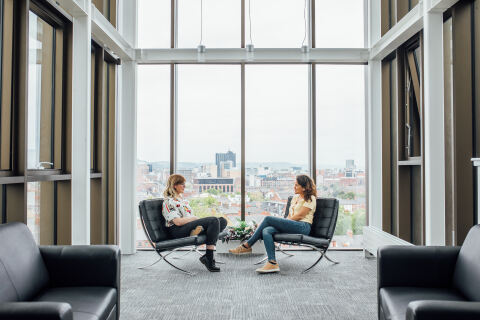
Take a step back, breathe and take care of yourself. You deserve it! Remember, you can't pour from an empty cup. Self-care is not a luxury; it's a necessity. So, take care of your physical, mental, and emotional health; set boundaries and prioritise your well-being. You'll create a ripple effect and reach heights you may have never reached.
Find out more
More blogs about wellbeing and support
VIDEO: My Journey Home for the Summer
Ghada Al FakihClinical Health Psychology | Postgraduate Student | Beirut, LebanonGhada Al Fakih is a passionate, hard-working, and selfless individual, devoted to helping others grow, while elevating surrounding vibrations with harmony and positivity. She is a well-rounded and accomplished individual with a strong passion for helping others. She is a valuable asset to any team and is sure to make a positive impact on the world. Ghada is pursuing her Master of Science in Clinical Health Psychology at Queen's University Belfast. She has a strong background in psychology and public health. She is a certified Emotional Liberation Breathing Practitioner and has completed a clinical psychology rotation at the American University of Beirut Medical Center. |
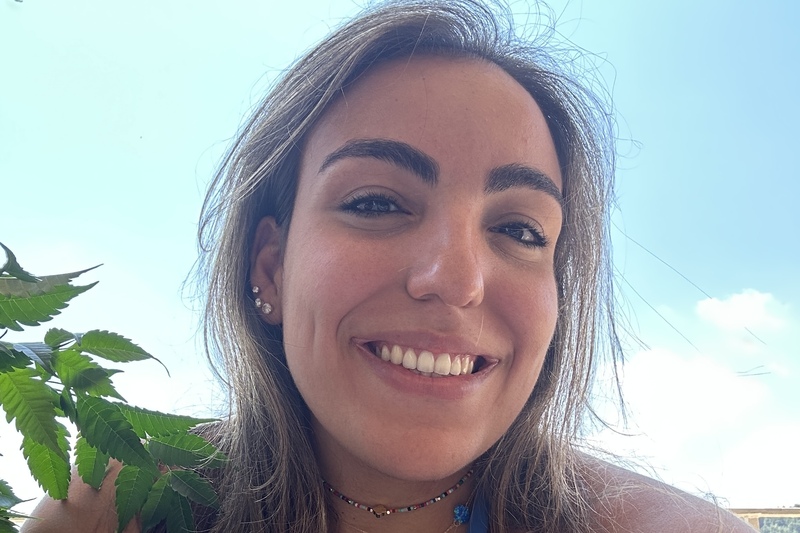 |